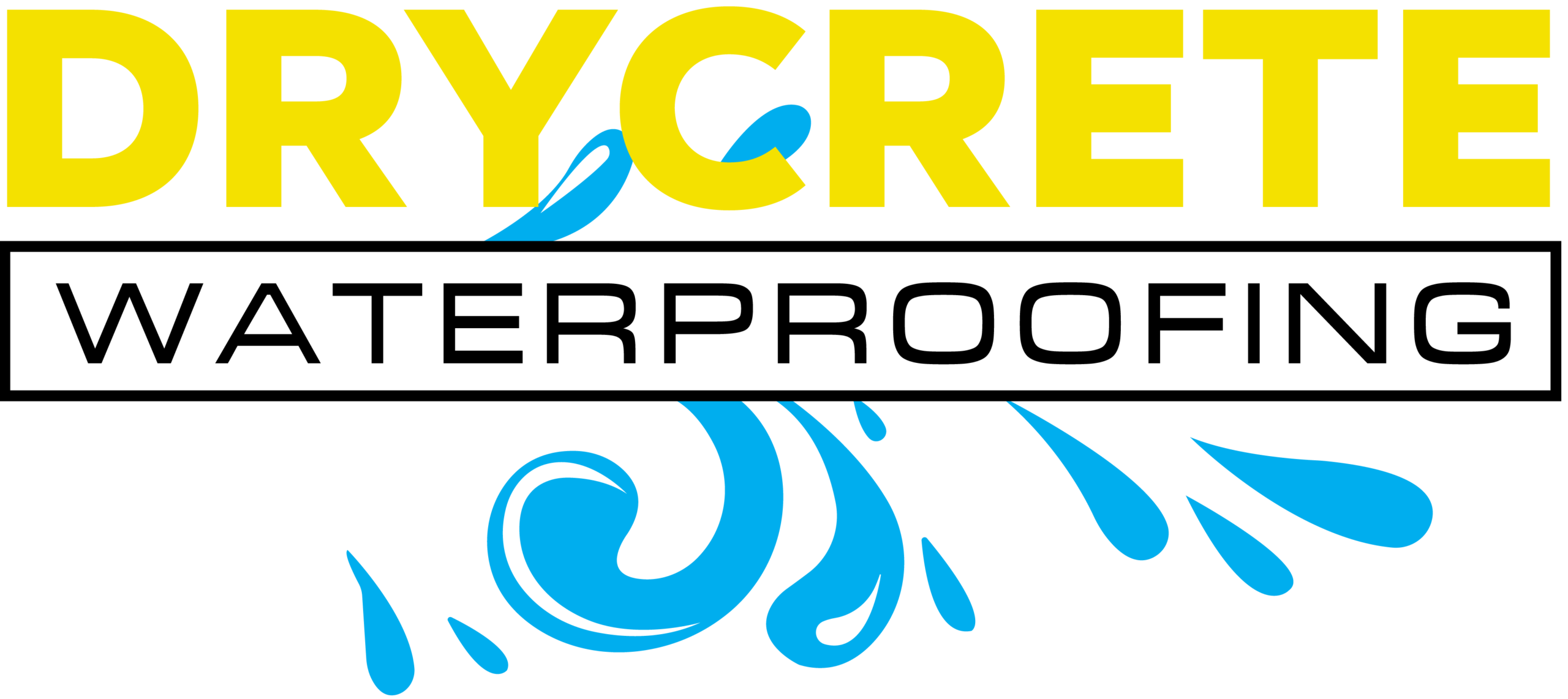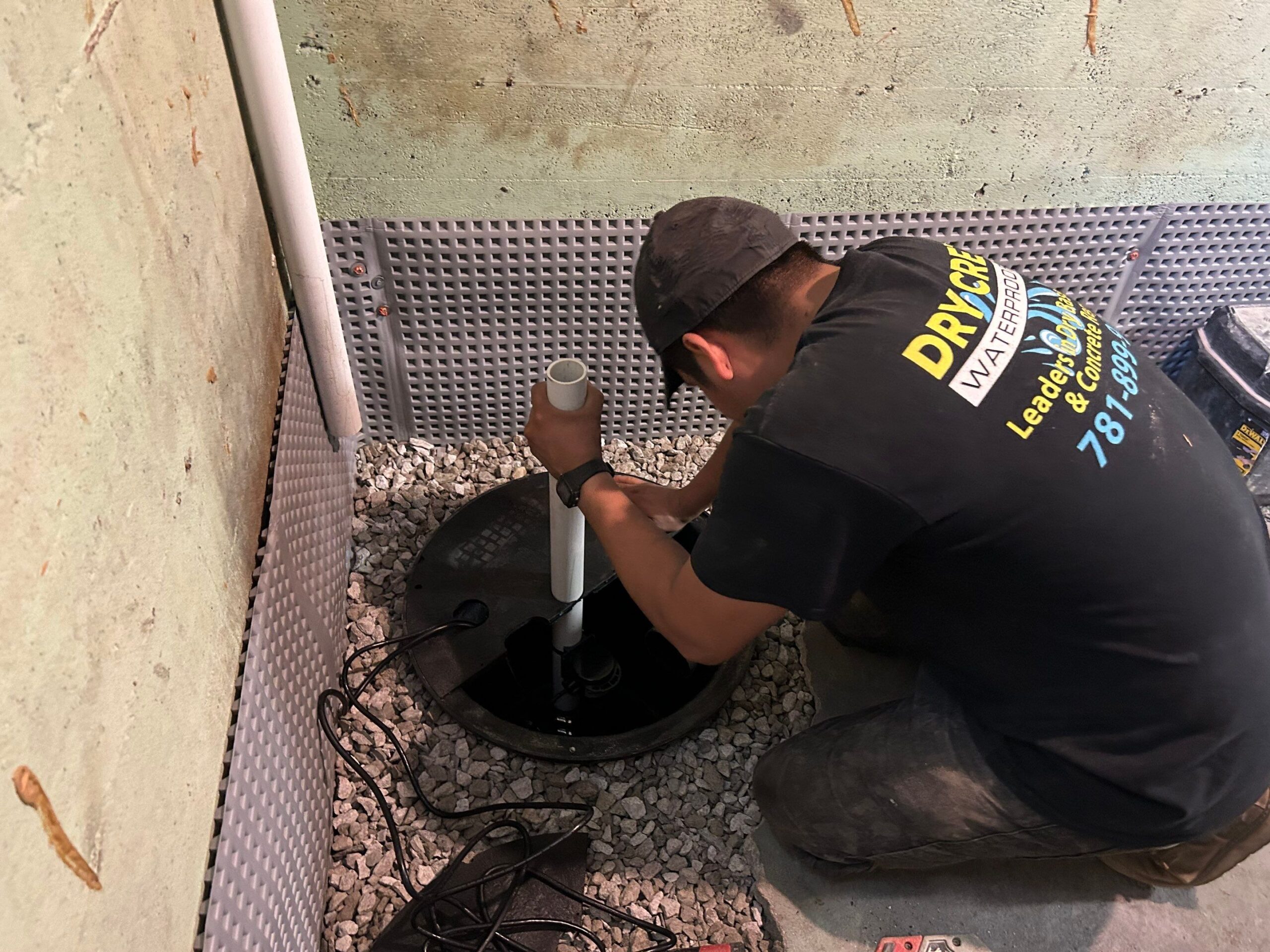Ultimately, you will find that waterproofing is designed to protect your home from excessive water and moisture. These are the top reasons you would want to waterproof your basement, even in preparation for winter.
1. Your Basement Actually Melts Snow
Boston gets plenty of snow and ice, which leads to the accumulation of moisture in the ground surrounding your foundation. In the winter, your basement is naturally warmer than the ground around it. Chances are, you also have heaters running in the basement space as well. Your basement traps heat which warms the walls, leading to snowmelt throughout your property.
2. Hydrostatic Pressure Increases as Snow Melts
When the snow starts to melt, the water soaks into the ground. The ground underneath is likely hard and frozen and the moisture will need somewhere to go. Your basement acts as an obstacle to the moisture, and this causes hydrostatic pressure to build up around it.
3. Eaves and Downspouts Don’t Route Water Far Enough
Your eaves, downspouts, and gutter systems are designed to help move water away from the foundation, and they are usually very effective. The thing is, these systems often don’t move water far enough away, causing water to flow back towards your basement. The snow will eventually melt and drain, but unless the downspout directs water a minimum of six feet away, it will still affect your basement.
4. Improper (Non-absorbent) Soil Surrounds Your Foundation
On some properties, the soil around the home’s foundation isn’t very absorbent. When you have materials like clay around your home, you might assume you are protected from water leakage in the basement. But when you have less absorbent topsoil surrounding your home, this actually allows a lot more water to pass through into your basement. Non-absorbent soil is actually more likely to cause water accumulation around your home than with more absorbent top soils.
5. You Have Existing Cracks in Your Foundation
Finally, if you already have cracks in your home’s foundation, you may be rolling out the red carpet for water damage. Modern foundation waterproofing techniques will typically fill and reinforce these cracks to prevent water from penetrating through them. Any type of crack in your foundation allows unwanted moisture to seep inside. These cracks should never be ignored, because they won’t go away on their own. More than likely, they will grow and worsen over time. Always have your foundation cracks inspected and fixed as quickly as possible.
Foundation Waterproofing: Get a Free Quote from Drycrete Waterproofing
Foundation waterproofing is an essential component to protecting your home and its foundation. Even in the wintertime, your home is exposed to excessive moisture that can cause a lot of damage. Take steps today to avoid these issues and protect your home. Contact Drycrete Waterproofing. We provide free consultations and quotes, and we can help you determine the best plan of action for your home.

